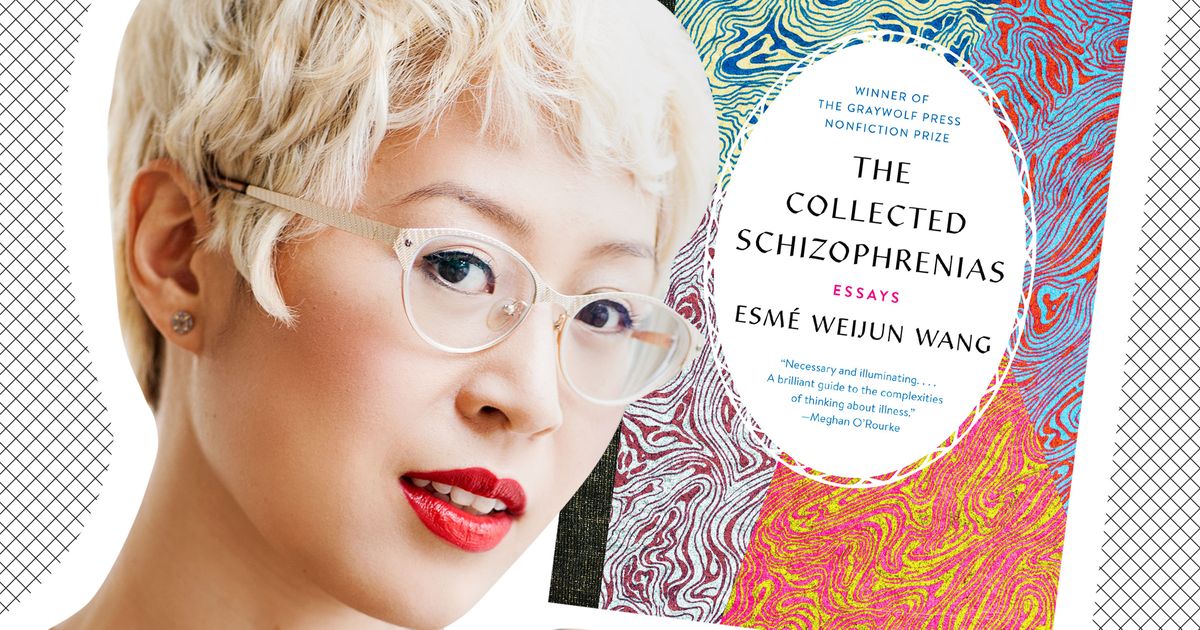

The Collected Schizophrenias, by Esme Weijun Wang Richly descriptive in these sections, her writing is dotted with a battle-hardened humor, defining psychiatry’s Diagnostic and Statistical Manual as “the heavy purple bible-o’-madness” and wondering with bleak chagrin “how many different types of sick girl I can be.” She also suffered bouts of Lyme disease and post-traumatic stress disorder from being a rape survivor. Wang writes with lucid clarity about the “fresh hell in my brain” and forgoing raising children with her husband due to the risk that “I could be psychotic again at any moment.” Involuntary hospitalizations terrify with the loss of autonomy and attendant desire to minimize symptoms for escape: “I said nothing about the horror show that was still sinking its teeth into me.” But “The Collected Schizophrenias” - winner of the Graywolf Press Nonfiction Prize - is no laundry list of triumphs. Graduating from Stanford University and the University of Michigan, she worked as a lab researcher and editor, built a profile as a sharp-eyed fashion blogger and wrote a 2016 novel, “The Border of Paradise,” that secured a slot in Granta’s list of the best young American novelists. She characterizes this attitude as “students should not have severe mental illness.” After two hospitalizations she cuttingly terms a “breach of etiquette,” Yale asked her to leave. Raised by hard-striving Taiwanese immigrant parents, Wang was a chronic overachiever whose high school accomplishments “belied the hundreds of self-inflicted scars lurking beneath.” She inherited a love of writing from her mother, but also “a tendency for madness.” Diagnosed with bipolar disorder before leaving for Yale, she suffered manic episodes and slid down dark suicidal tunnels. While the 13 essays in Wang’s “The Collected Schizophrenias” range over a wide field, many touch on Wang’s awareness that her illness is not only a danger to her but a brand that can blind others to the full scope of her humanity. Ivy League status, she writes, “is shorthand for I have schizoaffective disorder, but I’m not worthless.” When giving a talk or at a doctor’s appointment, Esmé Weijun Wang often shoehorns “I went to Yale” into the conversation.


 0 kommentar(er)
0 kommentar(er)
